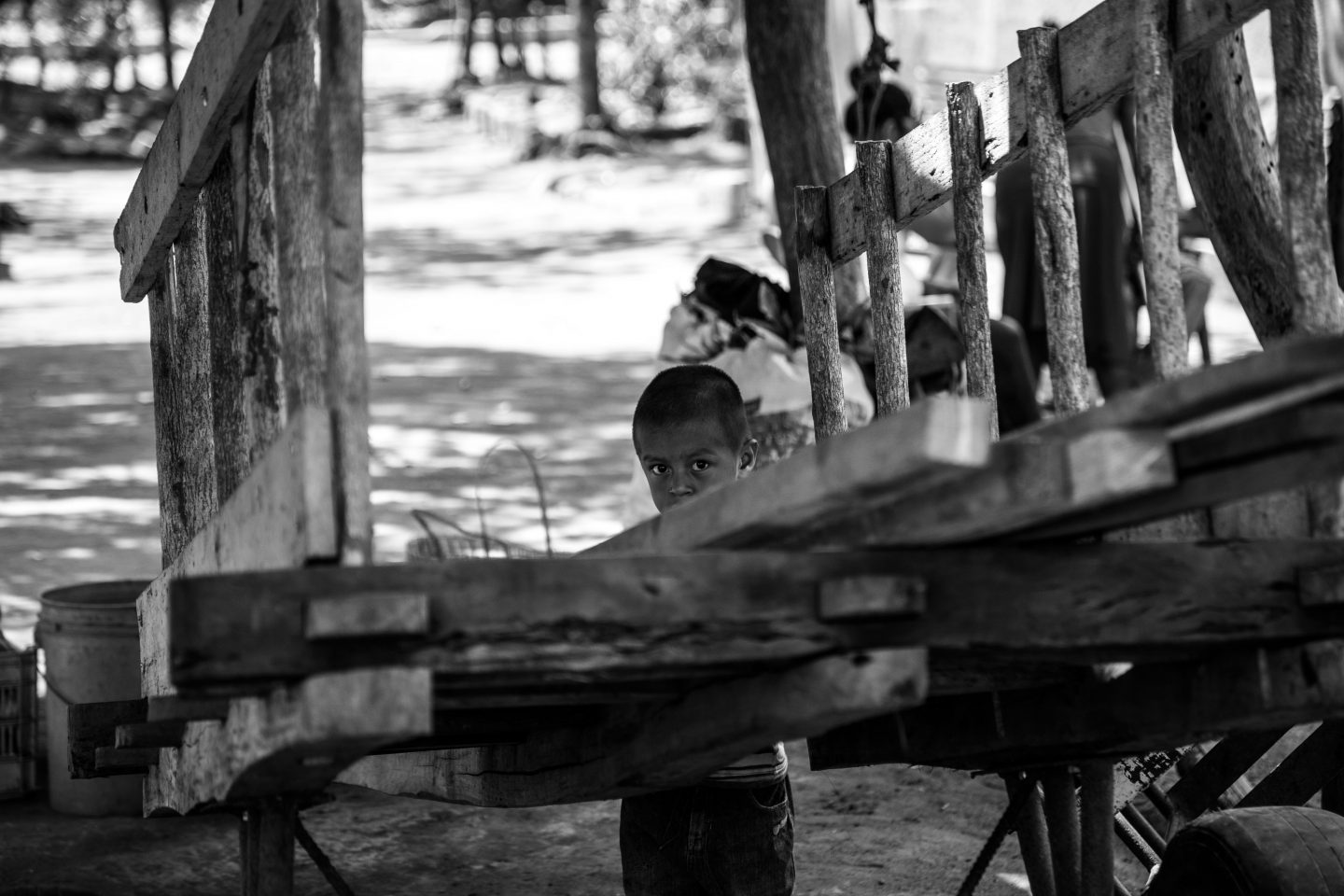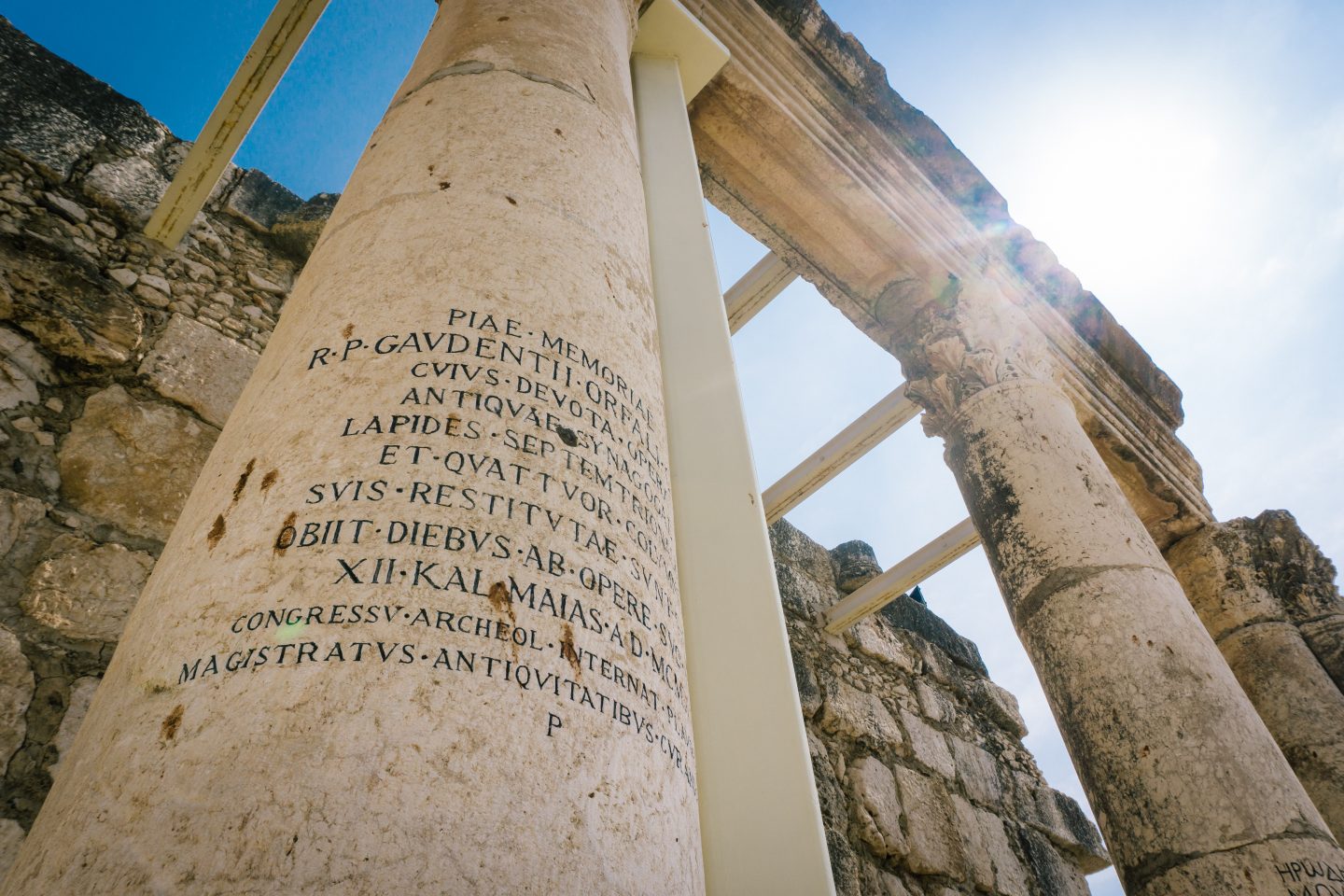
Photo by Hermes Rivera on Unsplash
The words, “poor”, “poverty”, and “oppression” appear more than 2,000 times in the Bible. That must definitely point to this being a major theme and not a peripheral issue.
Can we truly lift the poor out of poverty? How?
Over the 18 years I was a pastor, I was involved with social services to the poor, but I questioned the sustainability of the charity model.
Through Matthew 25:31-46 and Isaiah 58:1-14, the Lord began speaking to me. Some three years ago, I met Dr Kim Tan and read his book, The Jubilee Gospel. It was a revelation for me, and I realised that God does mean for the poor to be lifted out of poverty.
Thus began my journey of understanding the heart of the Jubilee as more than an Old Testament event that happens once every 50 years.
In the Old Testament
Deuteronomy 15:4 was instructive: “However, there should be no poor among you, for in the land the Lord your God is giving you to possess as your inheritance, He will richly bless you.”
Strangely, in the same chapter, in verse 11, it said: “There will always be the poor people in the land. Therefore, I command you to be open-handed toward your brothers and toward the poor and needy in your land.”

Two seemingly contradictory statements in the same chapter. How could this be?
It is not contradictory at all: There will always be people who fail, and those who are lazy.
Jesus wanted to bring back the original intention of the Jubilee: Freedom from economic and financial poverty as well.
For the nation Israel, God instituted a system that offered second chances and alleviated poverty (Leviticus 25). It was a prototype of the Kingdom of God. His instructions were:
- When you harvest, leave the corners for the poor to glean. The corners are not the crumbs, but areas of easy accessibility, giving dignity.
- Every three years, the national tithe is to be set aside for the poor, the orphans, widows, the foreigners, the priests.
- Every seven years, or the Sabbath year, debts are to be cancelled and slaves to be set free. The land must rest for one year.
- Every 50 years, there is the same requirement of the seventh year but with one big difference: Even land that is mortgaged must be returned to its original owner, the principle being: All land belongs to God.
Unfortunately, there is no evidence that Israel actually obeyed the Lord. In fact, Israel never complied, and the whole Jubilee programme was abandoned and the heartbeat of God forgotten.
The Bible says one of the reasons why the Southern Kingdom of Judah was exiled for 70 years in Babylon was so that the land might be given rest for the 70 periods it never had a chance to rest!
Wow, God is serious.
In the New Testament
It really looked impossible for the same Jubilee of the Old Testament to be implemented in New Testament times as Israel was no longer a sovereign nation but a Roman colony.
But Jesus declared the Jubilee again in Luke 4:18-19.
The Church in general translated that passage of Scripture to mean freedom from spiritual, emotional and social poverty, but Jesus wanted to bring back the original intention of the Jubilee: Freedom from economic and financial poverty as well.
He was talking about a holistic freedom – spiritual, emotional, social, economic and financial. That’s Good News!
How can we be sure?
Let’s look at what happened at Pentecost, when the Holy Spirit was poured out on all people. The miracle wasn’t just about signs and wonders, healing and deliverance. It was also very much that “no one was in need” and “all believers were together and had everything in common. Selling their possessions and goods, they gave to anyone as he had need”. (Acts 4:44,45)
This is a miracle most of us have not considered in greater depth.
The Jubilee is now part and parcel of Kingdom DNA in everyday living, the modus operandi of God’s people.
The spirit of Jubilee continued in Acts 6 when seven men were appointed deacons specifically to oversee “the daily distribution”. (Acts 6:1-3)
Historical records show us that the early church fathers were very much involved in dealing with poverty issues. In fact, Roman historians recorded the ire of Emperor Julian the Apostate, who hated Christianity and wanted to bring the empire back to paganism.
Frustrated by his failure, he made the following statement: “Those cursed Galileans, not only are they taking care of their poor, but ours as well.”
Clearly, by the 4th century, the Church was impactful in her work amongst the poor, not just in her own community, but throughout the whole empire. That’s transformation!
What the law could not accomplish in the lives of the people, God sent the Spirit at Pentecost to do.
The Jubilee was no longer something that would have happened once in 50 years, but was now part and parcel of Kingdom DNA in everyday living. The Jubilee Gospel has become the modus operandi of God’s people.
Fighting poverty through enterprise
Fast-forward to the present age, and we can see that the Church has fallen quite far from the Jubilee Gospel.
In response, the Transformational Business Network Asia (TBN Asia) was set up to work out the heart of the Jubilee Gospel in the modern day.
Modelled after TBN UK, which has more than 80 sustainable projects mainly in the African continent, TBN Asia was founded in 2014 to focus on the ASEAN region.
Its aim – fighting poverty through enterprise – is being realised through a three-pronged approach:
- Equip: Through conferences, transformational TV, networking and a youth wing (http://www.facebook.com/ywbsg/).
- Explore: Its ACTXPLORER arm (actxplorer.com), which collaborates with NGOs, missions organisations, churches, and social enterprises, features disadvantaged ASEAN people and projects as meaningful and unique travel experiences.
- Empower: Through mentoring, entrepreneurship training, funding and philanthropic grants.
To make sure its help is filtering into its communities’ second generation, TBN Asia measures social KPIs closely, such as salary increases, how many children stayed in schools longer, how many employees started owning their own homes instead of being squatters, how many started to have their own transport, like privately owned motorbikes.
An affiliated investment fund called Garden Impact Investment Fund (GII), invests in enterprises that have the right business model but need investment to reach a level of sustainability and scalability.
One of its outstanding examples is a call centre operating in Changi Prison. Prisoners still serving sentences handle corporate clients and are paid for their work. Agape Call Centre won the Singapore Social Entrepreneur Award 2016. That’s Kingdom reality!
What is the Jubilee Gospel?
So what was the Jubilee? It was the third of three radical economic programmes that God instituted for the nation of Israel:
- The tithing programme, every three years (Deuteronomy 14:28, 26:12).
- The sabbath programme, every seven years (Deuteronomy 15, Leviticus 25).
- The Jubilee programme, every 50 years (Leviticus 25).
In these three programmes, we see the kind of society that God had intended for Israel as they were being formed into a new nation after they were liberated from Egypt.
Find out more in The Jubilee Gospel – the Jubilee, Spirit and the Church by Dr Kim Tan.
We are an independent, non-profit organisation that relies on the generosity of our readers, such as yourself, to continue serving the kingdom. Every dollar donated goes directly back into our editorial coverage.
Would you consider partnering with us in our kingdom work by supporting us financially, either as a one-off donation, or a recurring pledge?
Support Salt&Light



